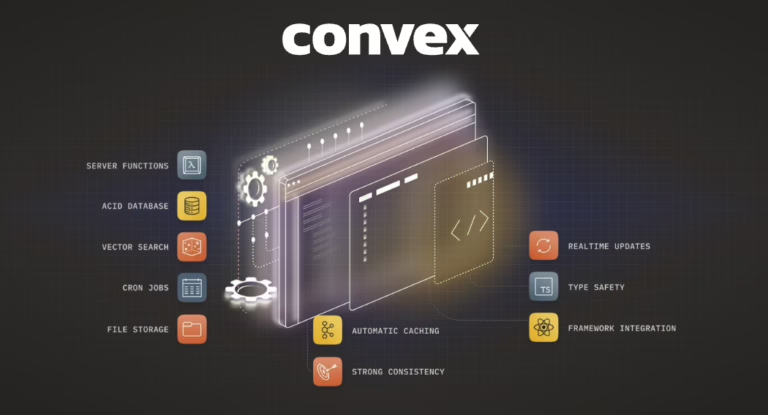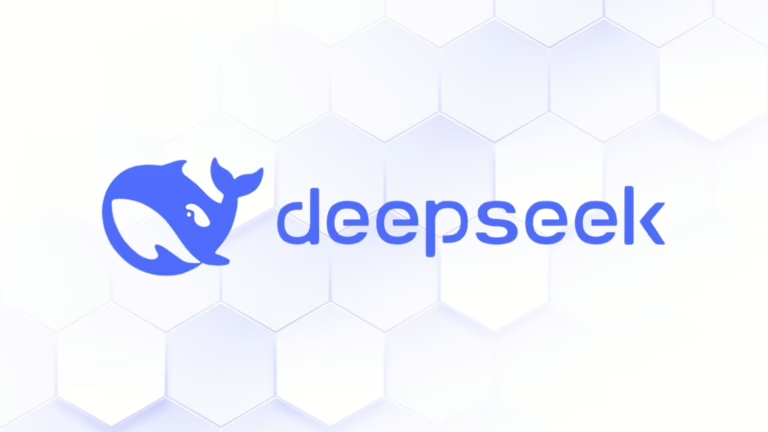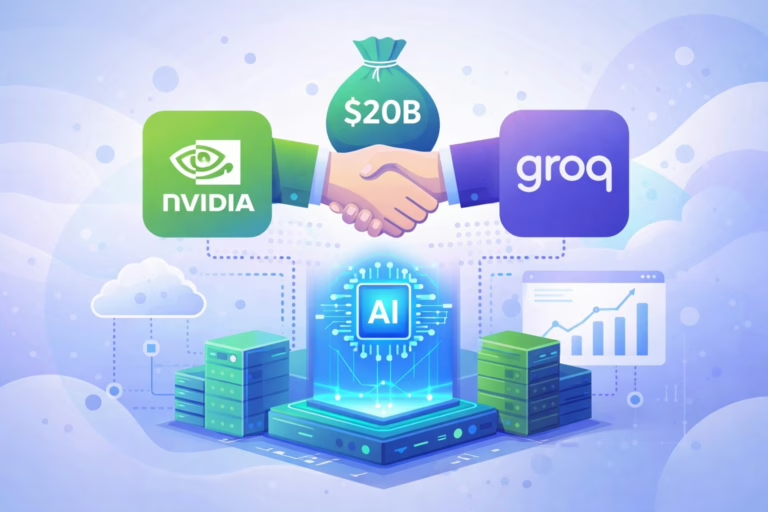Launching a software development project, whether for a tech startup or as part of a larger organization’s innovation strategy, is an exciting endeavor. However, it’s also one that comes with a high degree of complexity and risk. Without proper planning, projects can quickly overrun budgets, miss deadlines, or—even worse—fail to deliver value to users.
The foundation of successful software development is asking the right questions upfront. Adequate preparation and clear communication are critical to ensuring that everyone involved—from internal teams to external developers—shares the same understanding of what needs to be accomplished.
If you’re considering starting a software project, here are the five most critical questions you should ask to set the stage for success.
What Problem Are We Solving?
Every successful project begins with a clear understanding of the problem it aims to solve. Simply building software for the sake of using technology can lead to wasted resources and unclear outcomes. Start by defining the “why” behind the project.
- What are the exact pain points or inefficiencies you’re addressing?
- Does this problem significantly impact your target users or stakeholders?
For example, are you automating a time-consuming manual process, improving customer engagement, or creating a more seamless user experience? Defining the problem ensures that the development team can align its efforts toward a meaningful goal that genuinely matters to your business or target audience.
Take time to gather input from all relevant stakeholders, including users, business leaders, and technical experts. Clear problem statements act as the compass for the project, guiding decisions and preventing scope creep as the development progresses.
What Are the Key Features and Functionalities?
Once you’ve defined the problem, the next question focuses on the “what” of your project. What core features and functionalities does the software need to fulfill its purpose effectively? This step involves prioritizing needs versus “nice-to-haves.”
Start by asking questions such as:
- What specific actions will the software enable users to take?
- Are there integrations or tools that the software must work seamlessly with?
For example, if you’re building a custom CRM for your sales team, you might need automatic lead scoring, real-time reporting dashboards, and integration with email systems. On the other hand, flashy features like AI-powered chatbots might be secondary unless they directly support your objectives.
Clear requirements help avoid misunderstandings between business and technical teams, streamlining development and improving resource allocation. Opt for a Minimum Viable Product (MVP) approach to focus on delivering core functionality first before adding enhancements.
What Is the Budget and Timeline?
Budget and timeline constraints often make or break a software project. Without clearly aligning expectations upfront, costly delays or unsatisfactory results can occur.
Assess the project’s total scope, technical complexity, and resource requirements to establish realistic financial and scheduling parameters. Consider these questions:
- What is the overall budget for the project?
- Are there fixed deadlines tied to specific business goals, such as product launches?
Keep in mind that software development often includes additional costs beyond coding itself, including testing, user feedback loops, maintenance, and future updates. To balance priorities effectively, collaborate closely with your development partner to determine must-have features that can be delivered within your constraints.
Remember, setting a realistic budget and timeline isn’t about cutting corners—it’s about aligning resources with outcomes in a way that maximizes value.
Who Is the Target User?
Software is only as effective as the user base it serves. To create a product that resonates, you need to deeply understand your target audience. Conduct research to answer the following:
- Who will be using the software? Are they expert users or complete beginners?
- What are the demographics, goals, and behaviors of the users?
Understanding the level of technical proficiency your users possess can shape crucial design and functionality choices. For example, enterprise software might require advanced analytics tools, while a consumer-facing mobile app may prioritize intuitive navigation and visual design.
Direct user research—including interviews and usability testing—can help uncover unique pain points and unmet needs, ensuring that the final product solves their problems effectively.
How Will We Measure Success?
Finally, define how you’ll measure the success of your software project. Metrics aren’t just numbers—they’re a vital part of determining whether you’ve achieved your objectives.
Ask yourself these key questions:
- What are the immediate and long-term goals for the software?
- Which key performance indicators (KPIs) will reflect progress or success?
For example, a customer-facing app might measure success through download numbers, active users, or Net Promoter Scores. Internal software, on the other hand, might prioritize metrics like employee productivity or time saved on key processes.
Establishing measurable goals helps ensure that all stakeholders—designers, developers, and business owners—have a shared vision of what success looks like. This clarity enables the team to make data-driven improvements after launching the product.
Turning Preparation Into Results
By asking these five pivotal questions—defining the problem, identifying essential features, aligning budget and timeframe, understanding the user, and measuring success—you’ll lay a strong foundation for your software development project. These steps reduce the risks of costly mistakes, foster collaboration, and position your project for maximum impact.
When it comes to software development, having the right partner can make all the difference. At Novemind, we specialize in transforming innovative ideas into tailored software solutions. Our expert-driven approach ensures that your project is delivered on time, on budget, and aligned with your unique needs. Whether you’re optimizing internal processes or launching a game-changing product, we’re here to help every step of the way.




